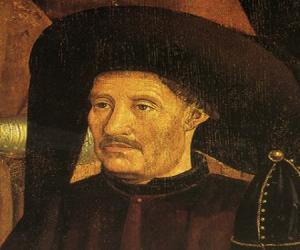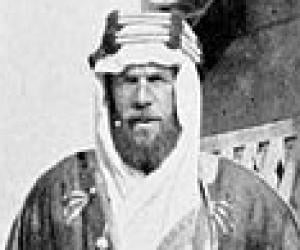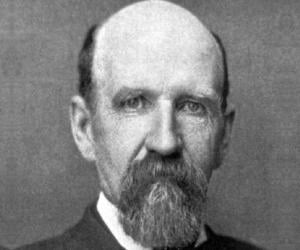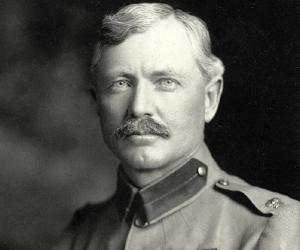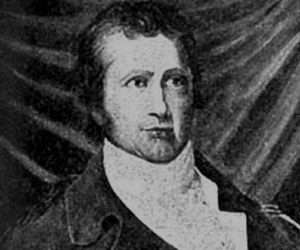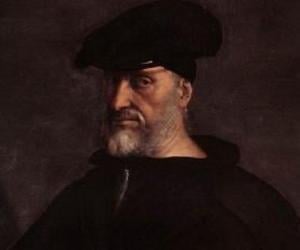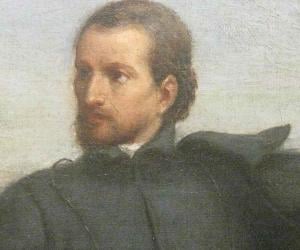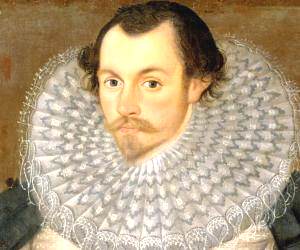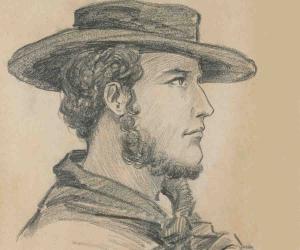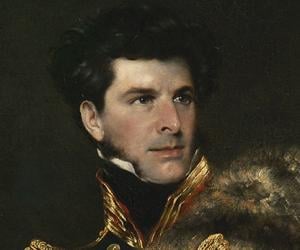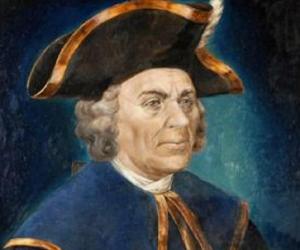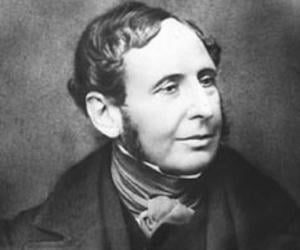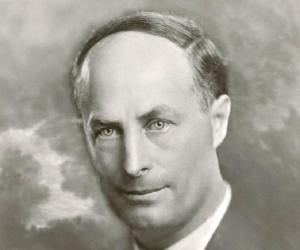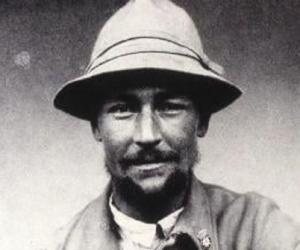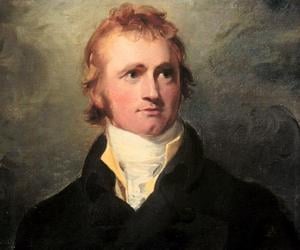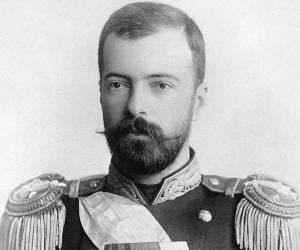Quick Facts
Also Known As: Prince Henry the Navigator, Dom Henrique of Portugal, Duke of Viseu
Died At Age: 66
Family:
father: John I of Portugal
mother: Philippa of Lancaster
siblings: Afonso, Beatrice, Blanche, Constable of Portugal, Countess of Arundel, Duchess of Burgundy, Duke of Braganza, Duke of Coimbra, Edward, Ferdinand the Holy Prince, Infante Afonso, Isabella of Portugal, John, King of Portugal, Peter
Born Country: Portugal
Explorers Royal Family Members
Died on: November 13, 1460
place of death: Sagres, Portugal
Ancestry: British Portuguese
City: Porto, Portugal
Childhood & Early Life
Henry the Navigator held the title of Duke because he was the third son of King John I of Portugal and Philippa, King Henry IV of England’s sister. His father’s rule caused civil unrest in Portugal, which left some members of the royal family in poverty, forcing them to look for ways to recover the country’s economy.
He had two brothers, both of whom were involved in navigation and exploration, which likely fueled Henry’s interest in these pursuits. His older brother was named Duarte, and his younger brother’s name was Pedro.
His ambition from early on was to win a kingdom for himself, which inspired him to focus on acquiring new lands.
Career
As a young man, Henry the Navigator helped Portugal defeat Muslim forces in the ‘Battle of Ceuta’. This victory led to the first permanent European military presence in North Africa and served as the starting point of his career.
On December 14, 1418, he founded his own navigation school. Modern scholars dispute whether he is rightly credited for founding this navigation school.
His brother, Pedro, had a copy of Marco Polo’s travels translated from Italian to Portuguese in 1428 as a gift for Henry. This would serve to fuel his interest in focusing on exploration.
Prince Henry sailed the West Coast of Africa in search of different sea routes to the Indies in 1435. This would be one of his only voyages. Upon his return, he began sponsoring numerous commissioned voyages.
Because of Portugal’s financial troubles, Henry’s continued funding of investment ventures in exploration was met with extreme criticism. When one of his voyages to North Africa finally returned with gold dust in 1441, it silenced the critics who believed he was wasting money on an enterprise that would never lead to any profits for Portugal.
In 1443, one his expeditions returned with more gold dust. This expedition also came back with a new commodity: African slaves. Bringing back African slaves served as the beginnings of a practice that would lead to the enslavement of millions in the world’s largest trade network involving intercontinental human trafficking.
Henry spent the majority of his last decade, from 1450 to 1460, focusing solely on voyages, while rarely leaving his castle. His main palace was located in Sarges, in the south of Portugal.
Because he had a particular obsession with The Canary Islands, Henry focused much of his attention on commissioning voyages to that region.
While he had a strong interest in exploration, he himself did little to no exploring. Henry’s motivation for commissioning so many voyages was a means to an end. He wanted to secure gold and territory that he could rule from the comfort of his castle.
Major Works
Henry the Navigator is credited with founding a school for cartographers and navigators by many historians, though there is debate about whether he actually did so but his expeditions reached as far as Sierra Leone in West Africa.
Awards & Achievements
Henry is credited with founding Portugal’s most important school of navigation. These travels would begin paving the way for explorers who would go on to discover the New World.
Personal Life & Legacy
Henry the Navigator is credited with being a major catalyst for the Age of Exploration, a time period marked by seafaring voyages and discoveries. In addition to his desire to attain more wealth and power, his voyages were also intended to broaden the network of Christian allies. Battles with Muslim Moors were common during the 1400’s, and Christian allies could help create safe trading routes.
Like so many at the time, he also hoped to secure a new route to the Orient. After the fall of Constantinople and the subsequent rise of Istanbul, the trek to India was unsafe for European traders. The old sea routes could not be used.
Facts About Henry the Navigator
Henry the Navigator was a key figure in the Age of Exploration, known for his contributions to the development of nautical technology and navigation techniques.
He established a school of navigation in Sagres, Portugal, where he fostered the study of cartography, astronomy, and other sciences essential for successful sea voyages.
Henry’s patronage of explorers and cartographers led to significant advancements in mapping of the African coast and the Atlantic Ocean.
Despite not being a seafarer himself, Henry’s vision and support played a crucial role in Portugal’s expansion of trade routes and exploration of new territories.
Henry’s legacy as a pioneer of maritime exploration continues to be celebrated, with numerous monuments and institutions dedicated to honoring his contributions to Portugal’s rich history.


